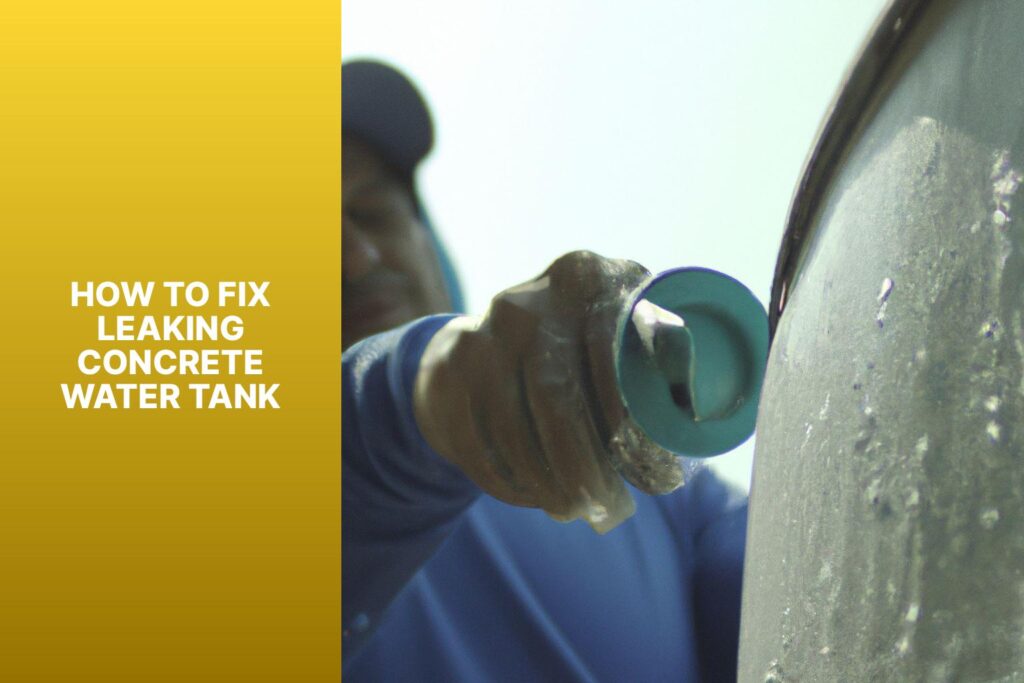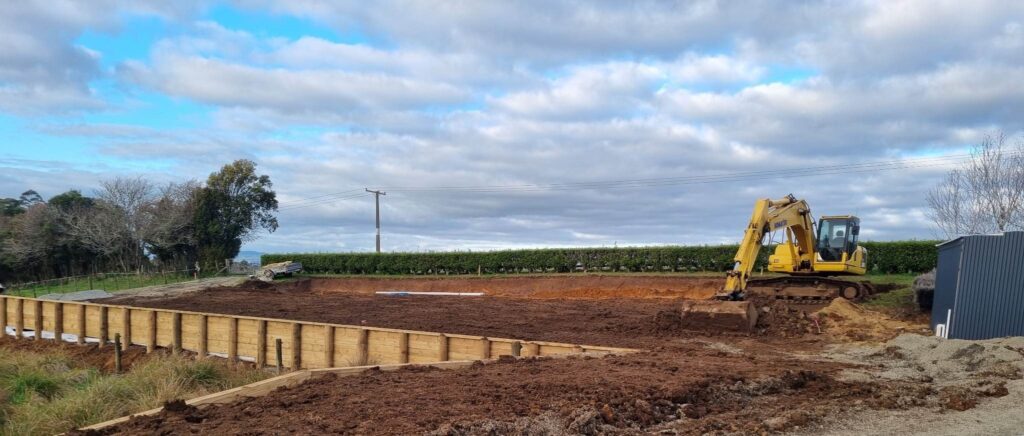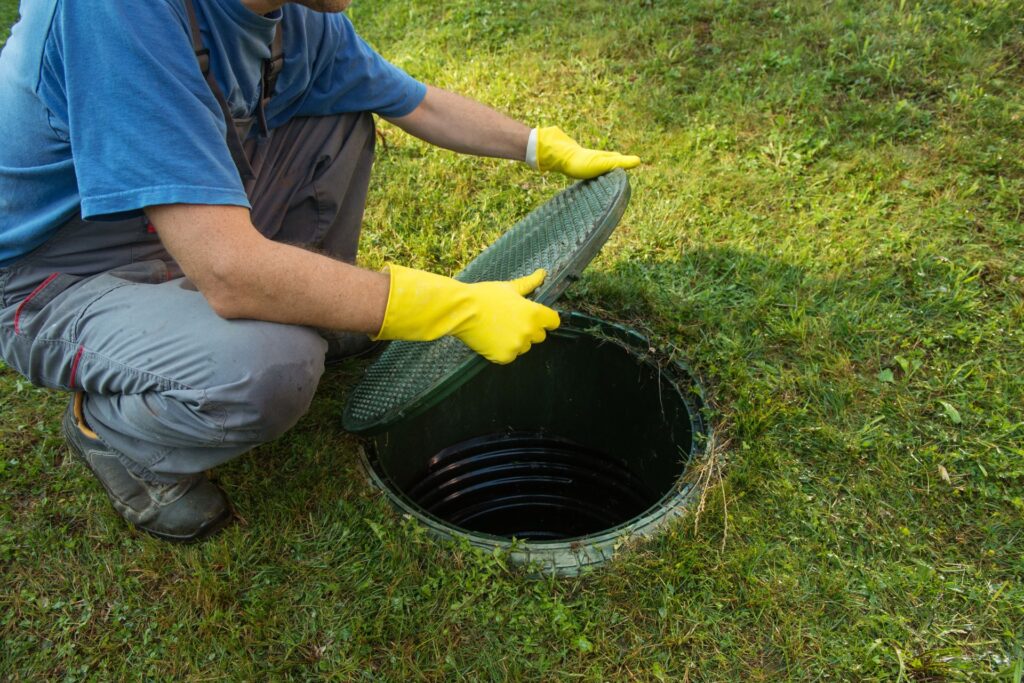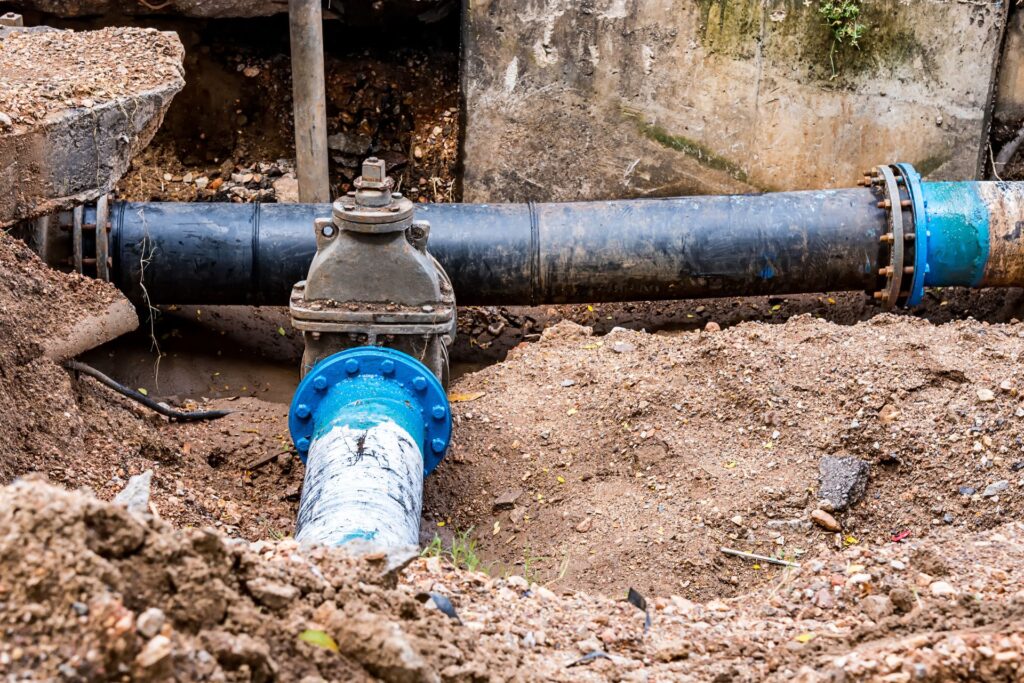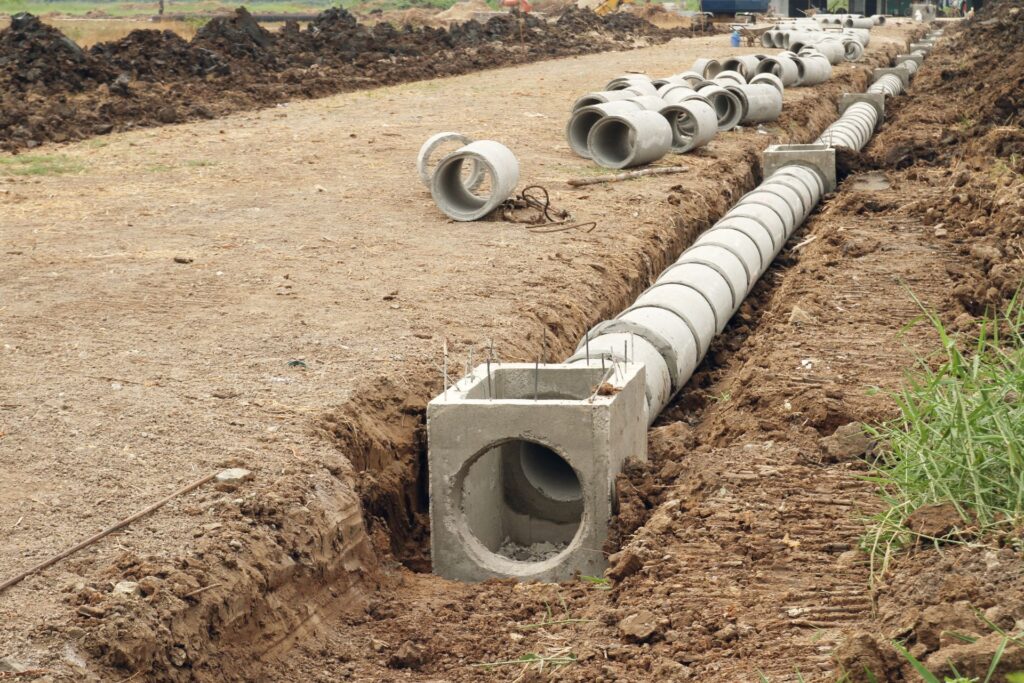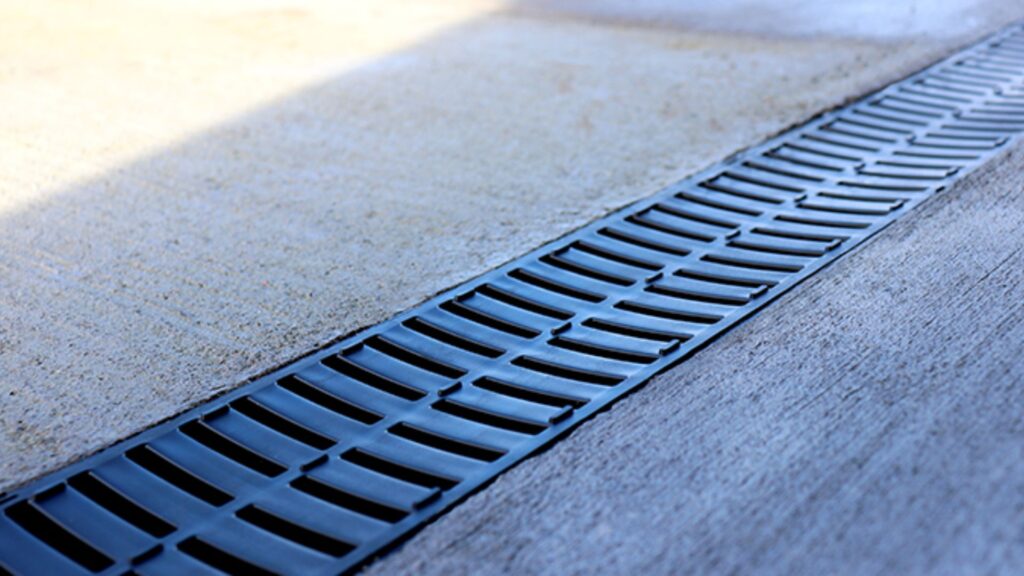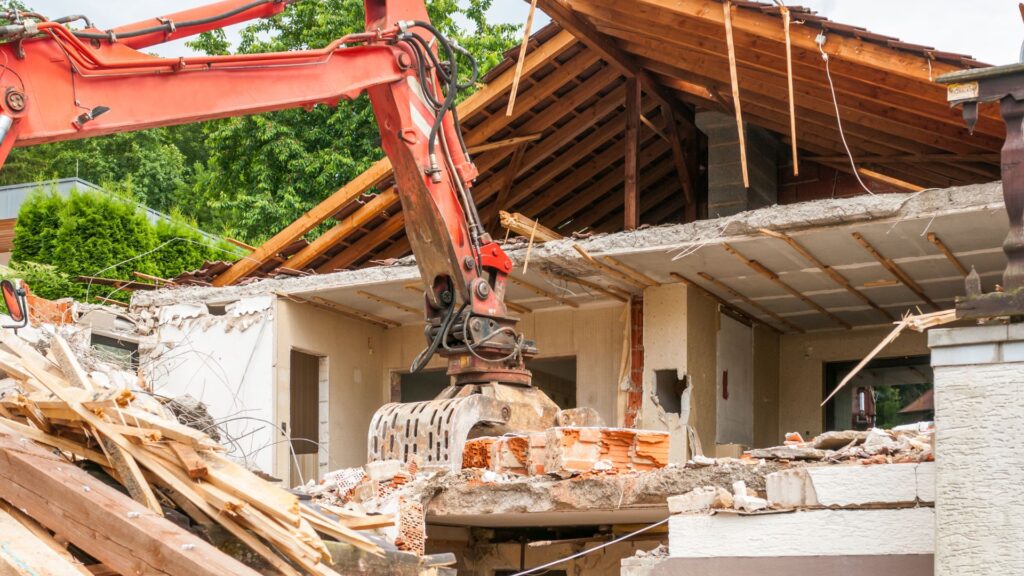Crawl space foundations are a common type of foundation used in New Zealand homes. While they are a cost-effective option, they can also be susceptible to various problems, including moisture, mold, and pest infestations. These issues can lead to foundation damage and require foundation repairs, which can be costly.
Understanding the various problems that can arise with crawl space foundations is crucial. Moisture is one of the most common issues, as it can lead to mold growth and rotting wood. Pests, such as termites and rodents, can also cause significant damage to the foundation. When these issues arise, it’s important to address them promptly to prevent further damage and costly repairs.
Key Takeaways
- Crawl space foundations are a common type of foundation used in New Zealand homes.
- Moisture, mold, and pest infestations are common problems that can lead to foundation damage and costly repairs.
- Addressing these issues promptly is crucial to prevent further damage and repair costs.
Table of Contents
Understanding Crawl Space Foundations
Crawl space foundations are a popular choice for many homeowners in New Zealand. They are a type of foundation that is built above ground level, usually between 1 and 3 feet. This type of foundation allows for easy access to plumbing and electrical systems, as well as providing an area for storage.
Materials Used in Crawl Space Foundations
Crawl space foundations can be built using a variety of materials, including concrete and timber. Concrete is a popular choice because of its strength and durability. It is also resistant to moisture and pests, which is important when building a foundation. Timber is another option, but it is less common and requires more maintenance.
Soil and Crawl Space Foundations
The soil on which the crawl space foundation is built is also important. The soil needs to be compacted and level to provide a stable base for the foundation. If the soil is not properly prepared, it can lead to foundation settling and cracking.
Strength of Crawl Space Foundations
Crawl space foundations need to be strong enough to support the weight of the house. The strength of the foundation is determined by the size and spacing of the support beams and the thickness of the concrete slab or timber floor. A professional contractor can assess the strength of the foundation and make any necessary repairs.
Insulation in Crawl Space Foundations
Insulation is an important factor in crawl space foundations. Proper insulation can help prevent moisture and mold from forming, which can damage the foundation and the rest of the house. It can also help reduce energy costs by keeping the house warm in the winter and cool in the summer.
Cost of Crawl Space Foundation Repair
The cost of crawl space foundation repair in New Zealand can vary depending on the extent of the damage and the materials used in the repair. On average, homeowners can expect to pay between $2,000 and $8,000 for crawl space foundation repair. It is important to hire a professional contractor to assess the damage and provide an accurate estimate for the repair.
Common Crawl Space Foundation Problems in New Zealand
Crawl space foundations are common in New Zealand homes, but they can be prone to problems that require repair. Here are some of the most common crawl space foundation problems in New Zealand:
Cracks
One of the most common crawl space foundation problems in New Zealand is cracking. Cracks can appear in the foundation walls, and they can be caused by a variety of factors, including movement of the soil, changes in temperature, and structural damage. If left untreated, cracks can lead to more serious problems, such as water damage and structural instability.
Movement
Another common problem with crawl space foundations in New Zealand is movement. This can be caused by a variety of factors, including changes in the soil, water damage, and structural damage. Signs of movement can include uneven floors, windows that are difficult to open or close, and doors that stick.
Dampness
Dampness is also a common problem with crawl space foundations in New Zealand. This can be caused by a variety of factors, including poor ventilation, water damage, and inadequate drainage. Signs of dampness can include musty smells, mold growth, and water stains on the walls or floors.
Structural Damage
Finally, crawl space foundations in New Zealand can be prone to structural damage. This can be caused by a variety of factors, including poor construction, changes in the soil, and water damage. Signs of structural damage can include cracks in the walls or floors, sagging floors, and doors or windows that no longer fit properly.
Overall, it is important to address crawl space foundation problems in New Zealand as soon as possible to prevent further damage to the home. A professional foundation repair contractor can help identify the cause of the problem and recommend the best course of action to repair the foundation.
Repairing Crawl Space Foundations
Crawl space foundations are a common type of foundation in New Zealand. They are typically made of concrete or cement piles, and they are used to support the weight of a building. Over time, these foundations can become damaged due to a variety of factors, including soil movement, water damage, and natural wear and tear. When this happens, it is important to repair the foundation to prevent further damage to the building.
There are several methods for repairing crawl space foundations, including underpinning, re-levelling, and structural repairs. Underpinning is the process of strengthening the foundation by adding additional support, such as piling or concrete. Re-levelling involves lifting and levelling the foundation to its original position. Structural repairs involve repairing any damage to the foundation, such as cracks or fractures.
The cost of repairing a crawl space foundation in New Zealand can vary depending on the extent of the damage and the method of repair. According to HomeGuide, the average cost to repair foundation problems is $4,500, with minor foundation crack repairs costing $620 or more, while major repairs that require hydraulic piers can cost $10,000 to $15,000.
It is important to note that repairing a crawl space foundation can be a complex and time-consuming process. It is recommended to hire a professional foundation repair contractor to assess the damage and provide an accurate estimate for the repair. A reputable contractor will have the knowledge and experience to identify the cause of the damage and recommend the most appropriate repair method.
In conclusion, repairing a crawl space foundation in New Zealand requires careful consideration and expert knowledge. It is important to choose a reputable foundation repair contractor and to be aware of the different methods of repair available. With the right approach, a damaged crawl space foundation can be repaired effectively, ensuring the safety and stability of the building.
Cost Factors of Crawl Space Foundation Repair
Crawl space foundation repair costs in New Zealand can vary depending on several factors. These factors include location, the extent of damage, labour costs, sub-floor or floor joist replacement, electrical wire relocation, building consent, and repiling.
Location
The location of the property is a significant factor that affects the cost of crawl space foundation repair. Properties located in areas with high water tables or prone to flooding may require more extensive repairs, which can increase the overall cost.
Extent of Damage
The extent of damage to the crawl space foundation is another factor that affects the repair cost. Minor cracks or damage can be repaired relatively inexpensively, while significant damage may require more extensive repairs, such as sub-floor or floor joist replacement.
Labour Costs
Labour costs are another significant factor in determining the cost of crawl space foundation repair. The cost of labour can vary depending on the complexity of the repair, the number of workers required, and the amount of time needed to complete the repair.
Sub-floor or Floor Joist Replacement
In cases where the sub-floor or floor joists need replacement, the cost of the repair will be higher. This is because these components are integral parts of the foundation and require more extensive work to replace.
Electrical Wire Relocation
If electrical wires need to be relocated during the repair process, this can add to the overall cost of the repair. This is because the wires will need to be disconnected, moved, and reconnected, which requires additional labour and materials.
Building Consent
Building consent is required for most crawl space foundation repairs in New Zealand. The cost of obtaining building consent can vary depending on the local council and the complexity of the repair.
Repiling
In some cases, repiling may be necessary to repair the crawl space foundation. Repiling involves lifting the house off its foundation and installing new piles. This is a complex and labour-intensive process that can significantly increase the overall cost of the repair.
In conclusion, several factors can affect the cost of crawl space foundation repair in New Zealand. Property owners should consider these factors when budgeting for repairs and seek professional advice to ensure they get an accurate estimate of the repair costs.
The Role of a Chartered Professional Engineer
A Chartered Professional Engineer (CPEng) is a highly qualified and experienced engineer who has been certified by Engineering New Zealand. Their role is to provide professional engineering services to the public and private sectors. They are responsible for ensuring that structures, including crawl space foundations, are safe, reliable, and meet all relevant standards and regulations.
CPEngs are trained to analyze and evaluate complex engineering problems and develop effective solutions. They have a thorough understanding of the principles of structural engineering and can apply this knowledge to the design, construction, and maintenance of crawl space foundations.
One of the key roles of a CPEng is to ensure that the crawl space foundation repair work is carried out to the highest standards. They will assess the condition of the foundation and determine the most appropriate repair method. They will also ensure that the repair work is carried out safely and in compliance with all relevant regulations.
When engaging a CPEng, it is important to ensure that they have the necessary experience and qualifications to carry out the work. A CPEng will typically provide a guarantee for their work, which gives the homeowner peace of mind that the repair work will be of a high standard.
In summary, a Chartered Professional Engineer plays a critical role in ensuring that crawl space foundation repair work is carried out to the highest standards. They have the necessary expertise and experience to assess the condition of the foundation, develop effective repair solutions, and ensure that the repair work is carried out safely and in compliance with all relevant regulations.
Effects of Environment and Weather on Crawl Space Foundations
Crawl space foundations are susceptible to environmental and weather conditions. The soil type, drainage, and weather patterns can all play a role in the health of a crawl space foundation. In New Zealand, where the weather can be unpredictable, it’s essential to understand the effects of the environment and weather on crawl space foundations.
Soil Type
The type of soil a crawl space foundation is built on can have a significant impact on its stability. In New Zealand, clay soil is prevalent, and it can cause foundations to shift and crack. Clay soil can expand and contract as it absorbs and releases water, causing the foundation to move and crack. Additionally, poor soil compaction during construction can lead to foundation settlement.
Drainage
Proper drainage is crucial for crawl space foundations in New Zealand. Poor drainage can cause water to accumulate around the foundation, leading to water damage and foundation instability. In areas with heavy rainfall, it’s essential to ensure that the crawl space has proper drainage to prevent water damage.
Weather Patterns
New Zealand’s weather patterns can be unpredictable, with heavy rainfall and strong winds. These weather patterns can cause damage to crawl space foundations. Heavy rainfall can lead to water damage, and strong winds can cause foundation movement. It’s essential to take these weather patterns into account when building and maintaining a crawl space foundation.
Disaster and Earthquake
Natural disasters, such as earthquakes, can have a significant impact on crawl space foundations. In New Zealand, earthquakes are a common occurrence, and they can cause foundation damage. It’s essential to ensure that crawl space foundations are built to withstand earthquakes and other natural disasters.
Swelling
In areas with high humidity, crawl space foundations can be susceptible to swelling. The moisture in the air can cause the wood to expand, leading to foundation movement and damage. Proper ventilation and moisture control are essential in preventing swelling and maintaining a healthy crawl space foundation.
In conclusion, the environment and weather can have a significant impact on crawl space foundations in New Zealand. It’s essential to understand the effects of soil type, drainage, weather patterns, natural disasters, and swelling to maintain a healthy and stable foundation.
New Zealand Building Codes and Consent for Foundation Repair
When it comes to foundation repair in New Zealand, building codes and consent are essential components of any construction project. The country has strict building codes in place to ensure that all new construction and repairs are safe, healthy, and durable.
The Building Code is contained in regulations under the Building Act 2004, which governs the building sector and sets out the rules for the construction, alteration, demolition, and maintenance of new and existing buildings in New Zealand. The Building Code is continuously updated to support the country in delivering safe, healthy, and durable buildings.
For any foundation repair project, it is important to check if a building consent is required. Building consent is a legal document that confirms the proposed work complies with the Building Code and other relevant regulations. The Building Act requires that building work must have a building consent unless it is exempted.
New building consent exemptions were approved by the New Zealand Government in 2023, and these changes are expected to save building owners up to $18 million a year in consenting costs. These exemptions will also reduce the number of consents issued by councils by up to 9,000 per year.
It is important to note that carrying out building work without consent is illegal, and fines can be imposed. Fines can be up to $200,000, and if work continues, a further fine of up to $20,000 for every day or part day during which the offense continues. Your council can also issue you a notice to fix for carrying out building work without consent, including instant fines of up to $1000.
In summary, when it comes to foundation repair in New Zealand, building codes and consent are essential components of any construction project. It is important to check if a building consent is required, and to ensure that all work complies with the Building Code and other relevant regulations.
Other Considerations for Crawl Space Foundation Repair
When it comes to crawl space foundation repair, there are a few other considerations to keep in mind beyond just the cost. Here are some other factors that may impact your repair project:
Vents
If your crawl space has vents, they may need to be repaired or replaced as part of the foundation repair process. Vents that are damaged or not functioning properly can allow moisture and pests into your crawl space, which can cause further damage over time.
Renovations
If you’re planning to renovate your home, it’s important to consider the condition of your crawl space foundation before beginning any major projects. Renovations can put additional stress on your foundation, so it’s important to make sure it’s in good condition before making any changes to your home.
Fences and Decks
If you have a fence or deck attached to your home, it’s important to consider how the foundation repair may impact these structures. In some cases, the repair process may require the removal of these structures in order to access the crawl space.
Flooring
If your crawl space is located beneath your home’s flooring, you may need to have the flooring removed in order to access the foundation. This can add to the overall cost of the repair project.
House Foundations and Slabs
If your home’s foundation or slab is damaged, it may impact the stability of your crawl space foundation. In some cases, repairs to the crawl space may need to be made in conjunction with repairs to the house foundation or slab.
Chimney
If your home has a chimney, it’s important to consider how the foundation repair may impact this structure. In some cases, the repair process may require the removal or relocation of the chimney.
Tilting and Waterproofing
In addition to repairing the foundation itself, it’s important to consider other factors that may impact the stability of your crawl space. For example, if your crawl space is tilting, additional measures may need to be taken to stabilize it. Additionally, waterproofing may be necessary to prevent further damage from moisture and water infiltration.
Conclusion
In conclusion, repairing crawl space foundations can be a complex and costly process. The cost of labor, materials, and experience of the foundation specialists all play a role in determining the final cost.
In New Zealand, the most common foundation types are suspended timber floors with a crawl space underneath and concrete slabs cast on the ground. Both of these foundation types can experience issues that require repair, such as cracking, settling, or moisture damage.
When it comes to repairing crawl space foundations, there are several factors to consider. The type of foundation, the extent of the damage, and the materials used for repair can all affect the final cost. For example, repairing perimeter concrete foundations can be more expensive than repairing a small section of a concrete slab.
It’s important to hire experienced foundation specialists for any repair work. They have the knowledge and expertise to identify the underlying issues and recommend the appropriate repairs. Additionally, they can provide accurate estimates for labor and materials, which can help homeowners budget for the repair costs.
Overall, repairing crawl space foundations can be a significant investment for homeowners. However, it’s a necessary step to ensure the safety and stability of the home. By understanding the factors that affect the cost of repair and hiring experienced professionals, homeowners can make informed decisions about their foundation repair needs.
Frequently Asked Questions
How much does it cost to repile a house in New Zealand?
The cost of repiling a house in New Zealand varies depending on several factors such as the size of the house, depth to solid ground, distance from the road, and difficulty to get to the house. According to A Grade Building & Repiling, the cost range would be $5,500.00excl GST (min charge) and up from there depending on many different mitigating circumstances.
What is the average cost of house levelling in Auckland?
The average cost of house levelling in Auckland depends on the extent of the damage. According to Access Foundations, concrete slab foundation repair (underpinning) is the process of installing drilled or solid concrete re-enforced foundations to repair and strengthen any failed foundations. When the new concrete foundations/pillars have hardened, the home can then be specially leveled to an independent engineer’s specifications where required.
Do I need building consent to repile my house in New Zealand?
Yes, building consent is required for repiling a house in New Zealand. According to Building Performance, all building work, including repiling, requires a building consent.
What are the signs that my house needs foundation repair?
Some signs that a house needs foundation repair include cracks in the walls, uneven floors, doors that don’t close properly, and windows that are difficult to open or close. According to Builderscrack, crawl space foundations have many advantages over concrete slabs or basements as they not only get the house off the ground but they’re less expensive than a basement and comparable to a slab in terms of price.
How long does it take to complete a house repiling project in New Zealand?
The time it takes to complete a house repiling project in New Zealand varies depending on the size of the house and the extent of the damage. According to Access Foundations, the process of repiling a house can take anywhere from a few weeks to several months to complete.
What factors affect the cost of foundation repair for a house in New Zealand?
Several factors affect the cost of foundation repair for a house in New Zealand, including the size of the house, depth to solid ground, distance from the road, and difficulty to get to the house. Other factors that may affect the cost include the extent of the damage and the type of foundation repair required.
About the Author:
Mike Veail is a recognized digital marketing expert with over 6 years of experience in helping tradespeople and small businesses thrive online. A former quantity surveyor, Mike combines deep industry knowledge with hands-on expertise in SEO and Google Ads. His marketing strategies are tailored to the specific needs of the trades sector, helping businesses increase visibility and generate more leads through proven, ethical methods.
Mike has successfully partnered with numerous companies, establishing a track record of delivering measurable results. His work has been featured across various platforms that showcase his expertise in lead generation and online marketing for the trades sector.
Learn more about Mike's experience and services at https://theleadguy.online or follow him on social media:

